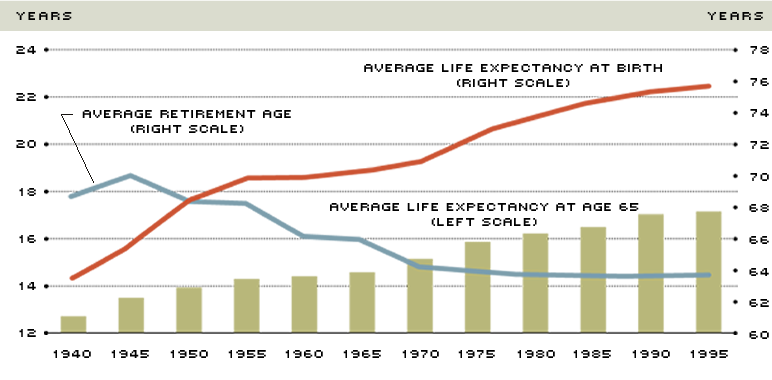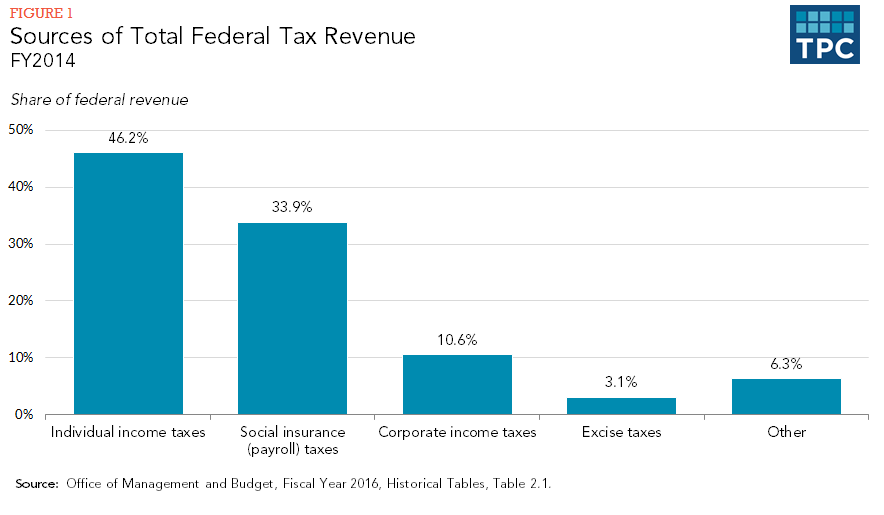- Joined
- Dec 3, 2009
- Messages
- 52,009
- Reaction score
- 33,944
- Location
- The Golden State
- Gender
- Male
- Political Leaning
- Independent
It can't be done mathematically. The cost might reach $30 trillion. But... you can't use 15% because it covers things unrelated to retirement. The OAS side of SS gets 10.3%.
Math tends to get in the way of a lot of political ideas.


